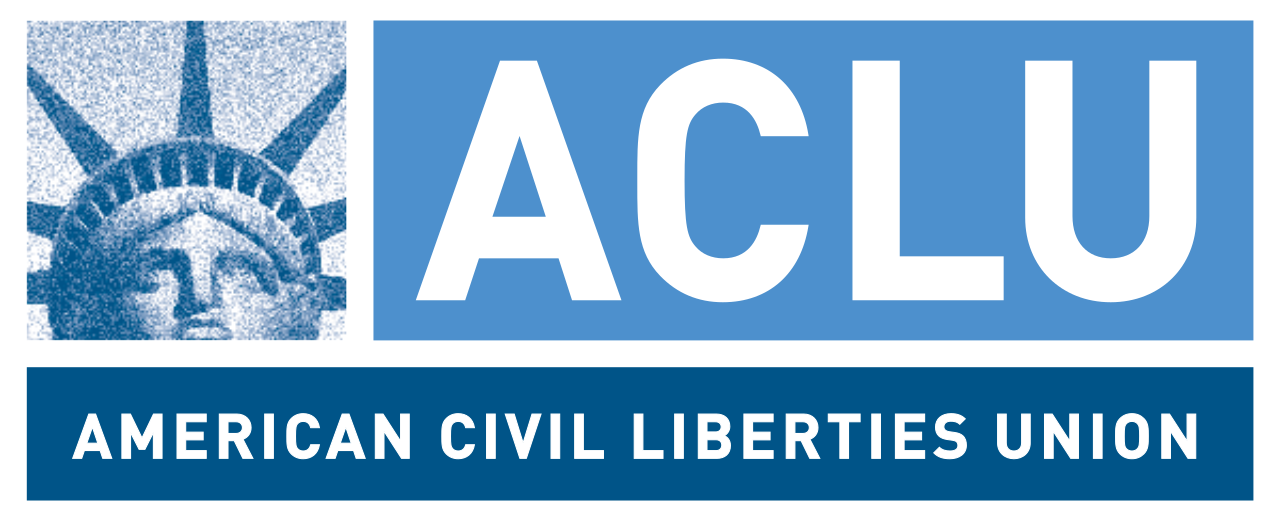Usury and Non-Bank Loans
I have had my hands full lately with the National Banking Act (NBA). Specifically, the question is whether the NBA, which protects national banks from usury claims, applies to debt collectors which buy the debts. It turns out that question has several possible answers.
National Banking Act Allows Usury
Here’s the background: some states have laws limiting the amount of interest lenders can charge. Under the NBA, a bank can issue credit cards that charge high interest in states with usury laws. Yes, it’s a scam (they call it “exporting interest rates”), but they can. What happens if your debt gets sold to a debt collector? The NBA applies to national banks, not other businesses, so you might think a debt collector would be committing usury by trying to collect illegal rates. That would also violate the Fair Debt Collection Practices Act (FDCPA).
Under Madden, Debt Collectors Don’t Receive NBA License to Commit Usury, Regulation Changes That
The Second Federal Circuit of Appeals found that debt collectors collecting usurious rates was, in fact, illegal in a case called Madden v. Midland Funding, LLC 786 F.3d 246 (2015). Some other circuits, notably the 8th, have tended in the other direction. The Supreme Court denied certiorari (review) of Madden, so it remains in place as law of the 2nd Circuit. Unfortunately, the debt collectors managed to sneak a new regulation through that negates Madden. That regulation is at: 12 C.F.R. part 331, 84 Fed. Reg. 66845.
Possible Outcomes
This leaves us in an odd place. If you are in the 2nd Circuit currently being sued by a debt collector on a card with interest higher than your state allows, you have a powerful defense and a counterclaim probably under the usury law and FDCPA. I think it is still good, though you can expect some fighting on the question of retroactivity of the regulation. What about claims arising in the future, though? What about claims outside of the 2nd Circuit?
Courts are supposed to give “great deference” to regulations duly issued by agencies charged with enforcing specific laws. Without going into details, this regulation would seem to fit that bill and should probably receive that deference. It is not unheard of for the courts to reject such a regulation, but it is rare, and, in my opinion, very unlikely in this situation – even in the Second Circuit. Thus I believe that in the future this defense will not be effective. I do believe it could be raised in good faith however, at present, and that may have some advantage for a pro se defendant. It will be a long shot even in the Second Circuit, however, and longer elsewhere.
What about claims existing now but outside the 2nd Circuit? Will the regulation affect the way the 8th Circuit, for example, reads Madden? It probably should not, but it probably will. The regulation is supposedly based on the FDIC’s reading of an existing statute rather than a new legislative enactment – it will probably be considered an authoritative interpretation of the statute even though, in practical effect it is a new legislative act. But this is not certain, and again, I think the issue may have advantages for pro se litigants to raise, and winning is not out of the question in my opinion.
What if you live in a state with a usury law and a debt collector is trying to collect higher rates – but is not suing you. Can you sue them? I believe the answer is yes – all the foregoing analysis applies to the attempt to collect the debt, not necessarily limited to litigation attempting to collect the debt.
Incidentally, the NBA explicitly extends to all FDIC-insured entities. This question came up in a teleconference relating to loans issued by WebBank, which apparently IS FDIC insured. Our consideration of whether WebBank itself can charge usurious rates, then, must conclude that it can indeed do so.
One might consider that enforcing an explicitly illegal contract (usury) would be void as against public policy under state law. And so it is. However, the federal preemption doctrine that the NBA invokes overrules that – states cannot claim a federal policy is against their public policy.
If you get a loan now and at some point in the future a debt collector tries to collect usurious rates that would have allowed to the original lender, I think you’re out of luck regarding the defenses and counterclaims we’ve discussed here. The new regulation permits it, as I read it. Of course you still have all the usual defenses and attacks we always use against debt collectors, so your chance of winning remains srong.


